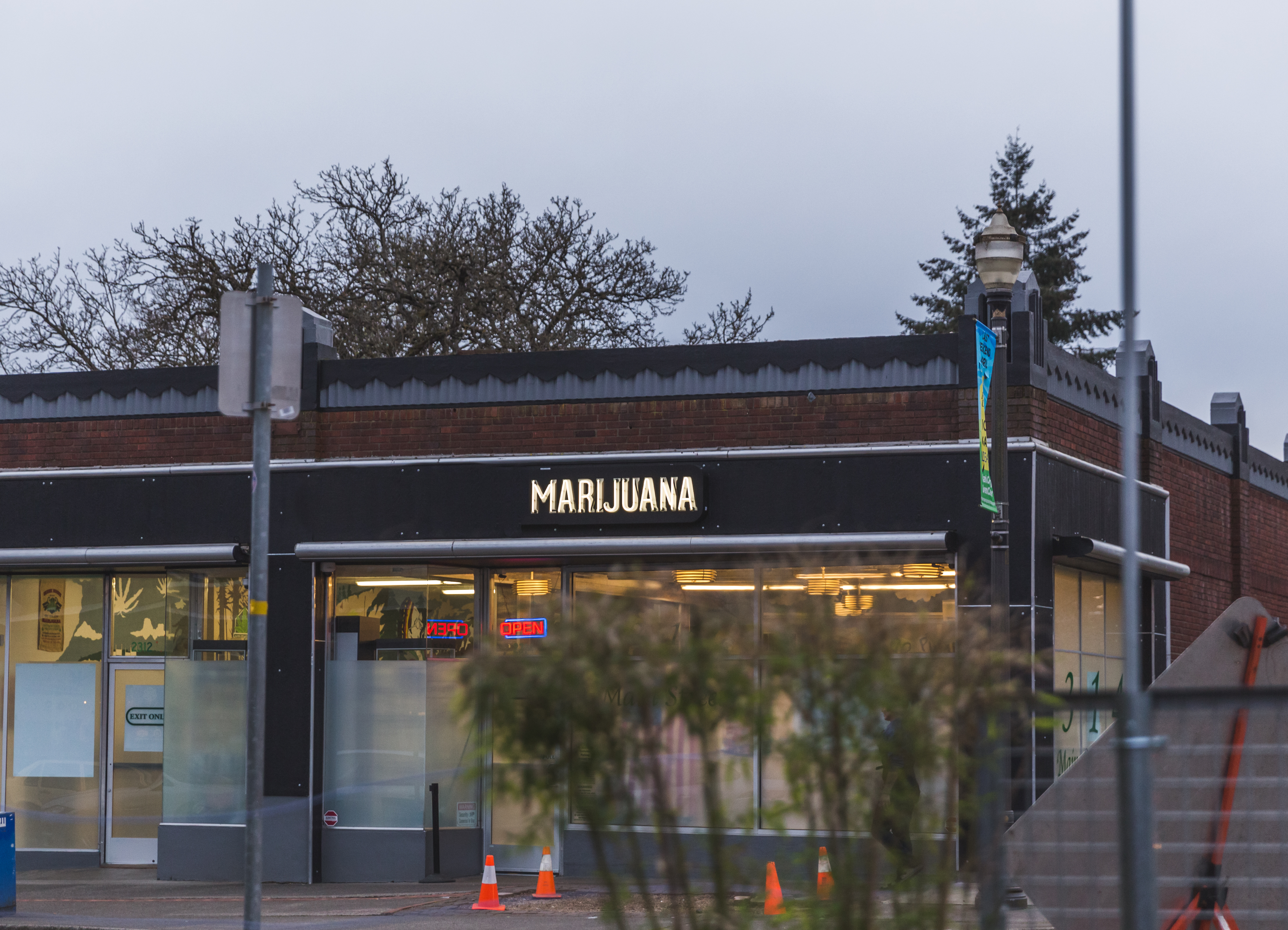Ontario Cannabis Retail Opportunities (and Limitations)

On September 27, the Ford government published the first draft of Ontario’s new recreational cannabis legislation. Introduced just three weeks before recreational cannabis will be legalized across the country, Bill 36 – the Cannabis Statute Amendment Act, 2018, would create a new statute, the Cannabis Licence Act, 2018 (the “Licence Act”), to provide a framework for the licensing of privately-owned recreational cannabis retail stores in Ontario. To accommodate Ontario’s new retail framework, the bill also proposes to amend existing laws, including, among others, the Wynne government’s Cannabis Act, 2017 (to be renamed the Cannabis Control Act, 2017), and the Ontario Cannabis Retail Corporation Act, 2017 (“OCRC Act”).
The draft legislation confirms the government’s announced intention to have Ontario recreational cannabis sales be conducted by private businesses (on the ground) and by government (online). Authorized retailers will purchase cannabis directly from the Ontario Cannabis Retail Corporation (“OCRC”), operating as the Ontario Cannabis Store. From October 17 to April 2019, when the government hopes to have private authorized retailers licensed and ready to sell, recreational cannabis will be legally available to Ontarians only through online purchases from the OCRC.
Following are some key characteristics of the proposed new Ontario cannabis licensing regime:
- AGCO to Regulate. The Alcohol and Gaming Commission of Ontario (“AGCO”) will leverage its experience as the province’s alcohol, gaming and horse-racing regulator to hit the ground running on the licensing and oversight of private cannabis retail stores and their operators. The AGCO reports that it will “move quickly” to provide specifics on the licensing process for private retailers once Bill 36 becomes law, and will work closely with the government to support the goal of having private stores licensed and open for business by April 1, 2019.
- Licence Categories. Cannabis licensing will bear many similarities to liquor licensing in Ontario. Unlike in liquor licensing, however, the new cannabis licensing regime administratively separates the licensing of retail operators (and their managers) from the authorization of a particular retail store location. The AGCO will issue Retail Operator Licenses to successful applicant individuals or corporations, Cannabis Retail Manager Licenses to store managers and a separate Retail Store Authorization for each approved retail location. This structure should create efficiencies for the AGCO and applicants intending to seek multiple store authorizations.
- Licensing Considerations. Identifying all considerations and eligibility requirements is beyond the scope of this article, but some of the basics follow here. As with liquor licensing, AGCO’s cannabis licensing process will require comprehensive personal disclosure requirements for directors, officers and shareholders of applicant corporations and satisfaction of numerous location-specific conditions. The AGCO will refuse to issue a licence if there is a negative assessment of the applicant’s likely financial responsibility, ability to comply with licensing rules, honesty or integrity. The AGCO will also be required to consider the public interest, including the views of local residents, who will be given an opportunity to comment on each Retail Store Authorization application. In determining whether to issue a store authorization, the AGCO may consider the character, financial history and competence of the applicant, its directors, officers and shareholders, employees and persons “interested in” the applicant or the proposed retail location. Persons “interested” could include anyone with an indirect economic interest in the applicant or otherwise having direct or indirect control over the applicant’s business or its financing. If the applicant is leasing the proposed premises, the landlord is an “interested” person that may be subject to AGCO scrutiny. This broad discretion is intended to give AGCO tools to mitigate the risk that organized crime or other unlawful actors are pulling strings in the lawful cannabis retail industry.
- Municipal Opt-Out. Ontario municipalities that do not want to host cannabis retail stores can pass a council resolution to that effect at any time until January 22, 2019. (Council can change its mind at a later date to permit retail stores, but that reversal would be final.) Though municipalities are not permitted to create their own parallel cannabis business licensing regime, prospective applicants should appreciate that there will be additional municipal hurdles to overcome before any application for a Retail Store Authorization is approved. These will include, for example, zoning and fire safety compliance, and local geographic considerations. Bill 36 does not prescribe a limit on the number of locations in the province that can receive a Retail Store Authorization, but it’s conceivable that pending regulations may provide municipalities an indirect opportunity to prevent what they believe would be an over-concentration of cannabis retail stores.
- Restrictions on Federal Licensed Producers. It has come as a painful surprise to federal licensed producers, and a pleasant surprise to the many prospective new retail market entrants, that the Ford government is seeking to limit the number of Retail Store Authorizations that will be issued to federal licence holders that are licensed to produce cannabis. Specifically, federal licensed producers (together with their affiliates) will be limited to a single Retail Store Authorization, and such store must be located in or adjacent to the federally-licensed site – similar to retail licensing applicable to craft breweries. There is a potential saving grace for licensed producers given that the meaning of “affiliate” is not included in the Licence Act, but remains to be defined in the pending regulations. The other key nuance here is that federal licensees that hold only a medicinal cannabis sale licence, and not a cultivation or processing licence, would not be precluded from seeking multiple Retail Store Authorizations. This restriction on licensed producers is likely to be the subject of earnest lobbying efforts as the legislation makes its way through the legislature toward Royal Assent (and the regulations are drafted) in the coming weeks. If lobbying efforts fail, licensed producers will have to consider workarounds to get their brands on storefronts, such as through franchising.
- First Nations Retail on Reserve. The Licence Act and OCRC Act give First Nation band councils municipality-like powers to exercise a control over retail operations on reserve. In particular, a band council can refuse to allow any retail stores on reserve or, if not banned outright, council must approve the proposed location of any retail store. Under the OCRC Act, the OCRC must also make an effort to avoid processing online cannabis orders destined for residents of a reserve where the applicable band council has passed a resolution prohibiting such deliveries. The Licence Act and the OCRC Act also each include an important provision that would permit First Nations and the Ontario government to agree to vary the licensing, distribution, sale and enforcement regime that would otherwise apply on the reserve – in effect creating the potential for First Nations and the Ontario government to structure a parallel cannabis retail licensing and sale regime applicable only on First Nation lands.
- Illicit Cannabis Market Participants. While the AGCO will refuse an application where the applicant has been convicted of an offence under the new federal or provincial cannabis legislation, it is notable than an applicant’s past conviction for, or a charge with, certain cannabis-related offences under the Controlled Drugs and Substances Act would not, by itself, preclude granting of a Retail Operator Licence or a Cannabis Retail Manager Licence. However, a licence or store authorization application will be refused if the AGCO believes that the applicant may still be participating in the illicit cannabis market. If current dispensary operators (that are hoping to participate in Ontario’s legal cannabis industry) needed any further incentive to cease illicit operations (beyond the strict enforcement wave that’s surely just around the corner) … this is it.
- Minimum Pricing. The Licence Act and OCRC Act give the Ontario government the ability to set a minimum price for cannabis sold in authorized retail locations and online by the OCRC. It will be interesting to hear the government’s rationale for including this heavy-handed power in a licensing regime structured purposefully to provide free market opportunities for private business.
The proposed new Ontario cannabis retail legislation is a welcome arrival after the long wait and recent change of policy direction. Prospective retail market participants should keep in mind, however, that the legislation may undergo changes prior to legislative approval. And further, that certain rules won’t be known until the regulations are published and, in particular with respect to the conduct of store operations, until the AGCO exercises the rule-making authority delegated to it under the Licence Act. Stay tuned!


